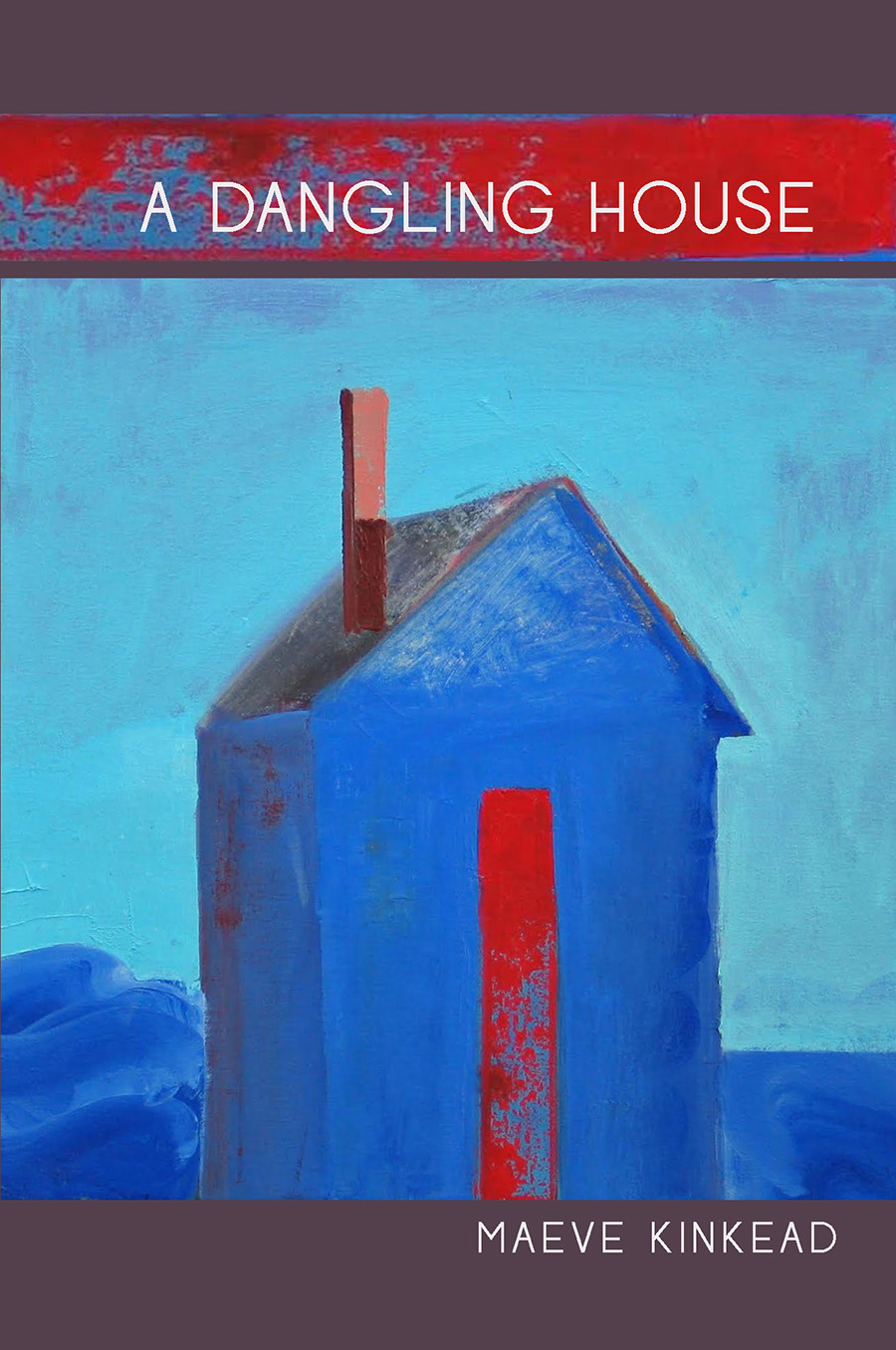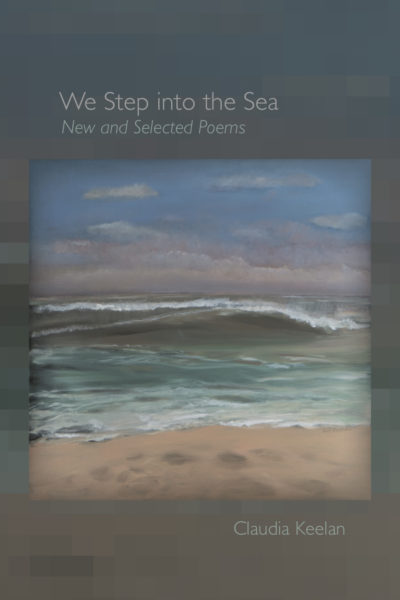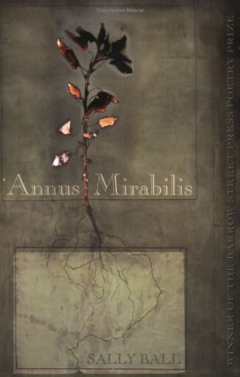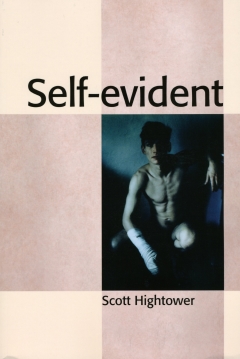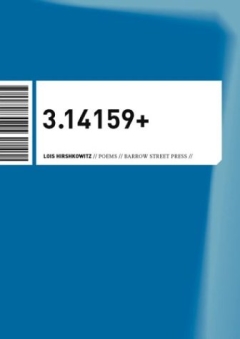Description
In Maeve Kinkead’s poems, looking is both dangerous and necessary, as is looking away. In these brief lyric poems, guilt, blame, terror, and sorrow weave their way through “a fine cloudless day” to the “crowded church” where a mother makes a fist against God, against the gods, while the speaker, not yet born, claims “No one saw her do this, I saw her do this.” Such contradictions, capturing our impossible human condition, flood these beautifully unsettling poems. Yeats’s apprehension—“for the world’s more full of weeping than you can understand”—haunts and accompanies this gorgeous first book.
—Catherine Barnett
Maeve Kinkead’s poems tell secrets, skin griefs, and make contact with the dead. At their best, they combine sincerity with hunger in memorable poems of restrained beauty.
—Henri Cole
“The real trouble,” Maeve Kinkead writes in “Pediatric Ophthalmologist,” a poem about a visit with her brother to an eye exam, is that “we were scared to see.” Not frightened or afraid but “scared to” as if an outside force created the familial astigmatism they share. And this force, we learn in poems poised, clear, and dramatically pin-droppingly still, is the accidental drowning of an older sister. A Dangling House, Kinkead’s first book of poems, provides a series of utterly vivid and devastating moments that tells a story of a family haunted by irreconcilable tragedy, and makes Kinkead, the “ersatz daughter,” born after the event, a witness to the shattering effects of her sister’s death.
—Michael Collier
“Write truthful/ the interior life/ of the extended family/ letters marching down/
creamy parchment/ like a file of reticulated/ ants.” Tweet
“to leave my sister who is that/ flat coil of hair in the locket Mother wears.” Tweet
And There I Find
Between facade and polished edge
I feel the grit of city winds.
On seamed concrete I come to rest
And there I find my mother’s tears—
Chips of hardest sapphire dropping
Through the gutter’s slotted grate—
“Come here, come here,” I hear her say.
I raise the volume on the wind.
Objective
Write truthful
the interior life
of the extended family,
letters marching down
creamy parchment
like a file of reticulated
ants. Slip it in a fine
envelope and affix
colorful and antiquated
stamps prised from
sleeves of the collection
forgotten in the closet,
walk 4 miles to the landmark
Post Office and bury
it in the garbage can
out front. Away, away.
